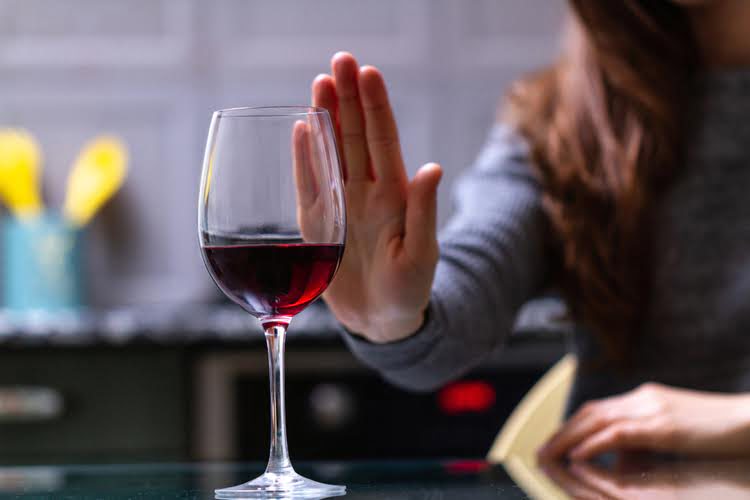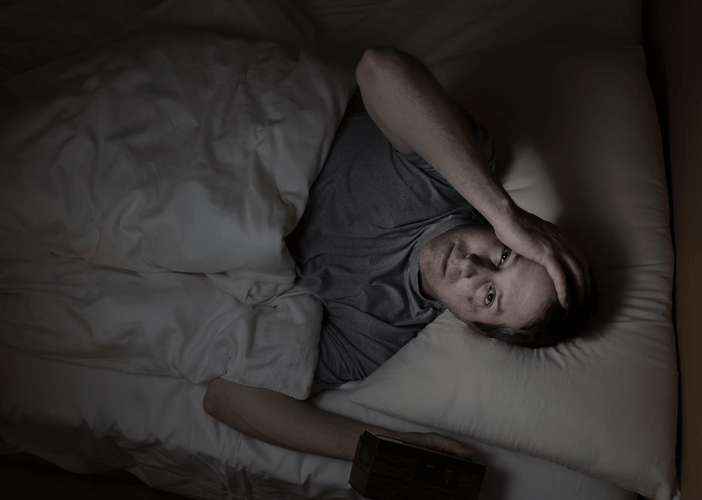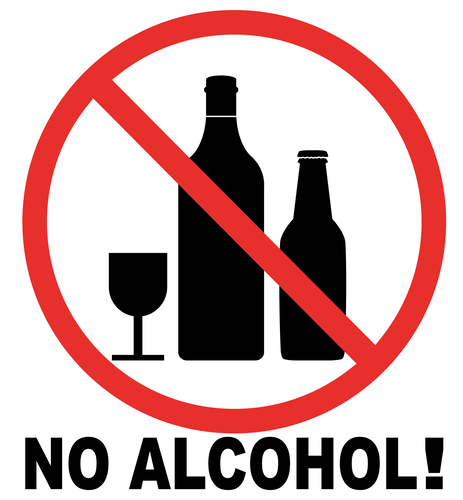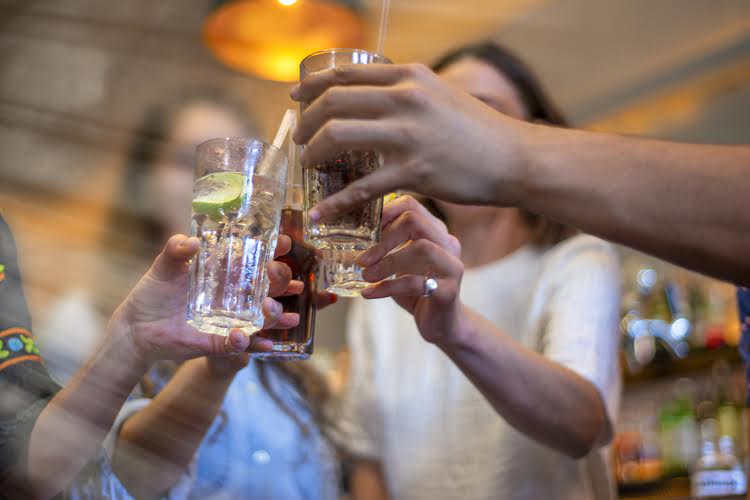I’m sitting at a cafe beside the Colosseum in Rome, ordering another round of wine while my family tours one of the world’s most incredible historic sites. Overall, do whatever you can to make yourself as comfortable as possible. If you’re sweating, place a cold towel on your forehead or on the back of your neck. Prepare a playlist of your favorite songs or movies to pass the time. Also, don’t get caught off guard thinking that since one craving has stopped, another one won’t come quickly. Often, cravings can come quickly and in succession of each other.
Support
If you’re not experiencing negative health effects right now, it might be a good idea to learn about what could happen if you do keep drinking. Staying sober requires a person to analyze the reasons why they were using the substance, identify their personal triggers for relapse, and avoid falling into a pattern of use again. Milestones in sobriety (e.g., 24 hours, a month, three months) are celebrated to recognize the incredible hard work that’s been accomplished through staying sober for a certain length of time. They can help motivate a person to remain sober to reach the next milestone. Triggers for using drugs and alcohol typically are people, places, and things that remind you of your addictive behavior or encourage the use of substances you’re avoiding. Along with these benefits, 12-Step programs and other forms of mutual-help groups can increase the likelihood of achieving and maintaining recovery from substance misuse.

What Is Sobriety?

However, the word is often used in different ways in different contexts. Many 12-step programs suggest that sobriety means total abstinence, which means never using the substance https://mytopgear.ru/topgear/richard-hammonds-top-gear-uncovered-dvd/ again. Other definitions, however, focus on the process of recovery and coping habits that support health and wellness over the long term. Alcohol dependence and addiction are serious medical conditions.
Navigating Withdrawal and Detox
Each individual will have their journey with addiction and sobriety, but typically, the first six months of sobriety are considered the most difficult. Setting goals is an important skill in overcoming drug or alcohol dependence. Relapse and recovery are a normal part of the healing process. The most important thing is to have the right resources to pull https://planetnew.net/news/37880-sozdatel-google-brain-sobral-175-millionov-dollarov-na-razrabotku-iskusstvennogo-intellekta.html yourself back up and build up your resilience to triggers, cravings, and stressful situations. If you recently had surgery or an injury, your doctor will be careful with the pain medication they give you, because some of those drugs can make you more likely to relapse. Ask your doctor about nonmedical ways to manage your pain, like massage or acupuncture.
How Alcohol Addiction Is Like an Abusive Relationship
A study from the Universities of Sydney and Regensburg indicates that oxytocin, i.e., the love hormone, injected into animals helped them quickly retain motor and brain function after alcohol impairment. What if popping a pill could immediately let any imbiber ace a DUI test? A team at UCLA Henry Samueli School of Engineering and Applied Science has worked on one that contains oxidase to break down alcohol, and a second enzyme to clean up the toxic waste that oxidase causes.
See if you or a loved one needs substance use or mental health support

Not everyone comes from an encouraging and supportive home environment. If your family and or friends aren’t motivating you to seek help for your substance misuse, make an appointment with a medical or addiction treatment professional. These individuals can direct you toward the resources you need for recovery, including the needed services and diagnosis of substance use and any co-occurring mental health disorders. With medical detox treatment and drug rehab programs, clients are supported with medication-assisted treatment to ease withdrawal symptoms and make the detox process more comfortable and safe. Drug rehab typically follows, and clients receive behavioral and cognitive therapy to help them readjust their mindset and develop healthier thought processes.

If a funeral is too difficult for you to attend right now, feel confident to say you can’t attend. If a wedding is happening, but you’re worried about being surrounded by alcohol, then politely decline to attend. You ever try to cut something out of your diet you ingest every day? Suffice to say, it’s difficult, but it can be an excellent way to help you stay sober. Removing daily substances from your system causes a sort of waterfall effect of changing mental and bodily functions. Metabolism rises and falls, bowel movements, and even one’s ability to focus on tasks.
- Check out “How To Get Into a Healthy Routine in Recovery.” Keep experimenting with new healthy habits and find ones that resonate with you and make sober living at home easier.
- A mental health professional can help you cope with some of the challenges you’ll face on your path to sobriety.
- In fact, even if the poster is “booze-neutral,” it might be a good idea to replace it.
- Common signs of PAWS include anxiety, depression, insomnia, fatigue, irritability, and difficulty concentrating.
- This means that you start to actually get better sleep and feel more mentally alert.
- It aids in digestion, balance ((mentally and physically) and can help you ward off depression and cravings.
- Melody is here to help as you adjust to a life with less (or no) alcohol.
- You may even start hallucinating, which can make it difficult to determine what’s real and what’s not.
- For instance, if your substance use disorder is diagnosed as mild, an outpatient program might be recommended.
- People in recovery from a substance use disorder frequently have problems meeting work-related responsibilities, maintaining employment, and managing money.
The Reframe app equips http://bookorbita.com/library/dramaturgiya/grand_mihail/a_friends_frown.html you with the knowledge and skills you need to not only survive drinking less, but to thrive while you navigate the journey. Our daily research-backed readings teach you the neuroscience of alcohol, and our in-app Toolkit provides the resources and activities you need to navigate each challenge. Check out “How To Get Into a Healthy Routine in Recovery.” Keep experimenting with new healthy habits and find ones that resonate with you and make sober living at home easier. Getting support doesn’t have to mean going to rehab, although that is an option. Support can also look like joining in-person and online support groups.

